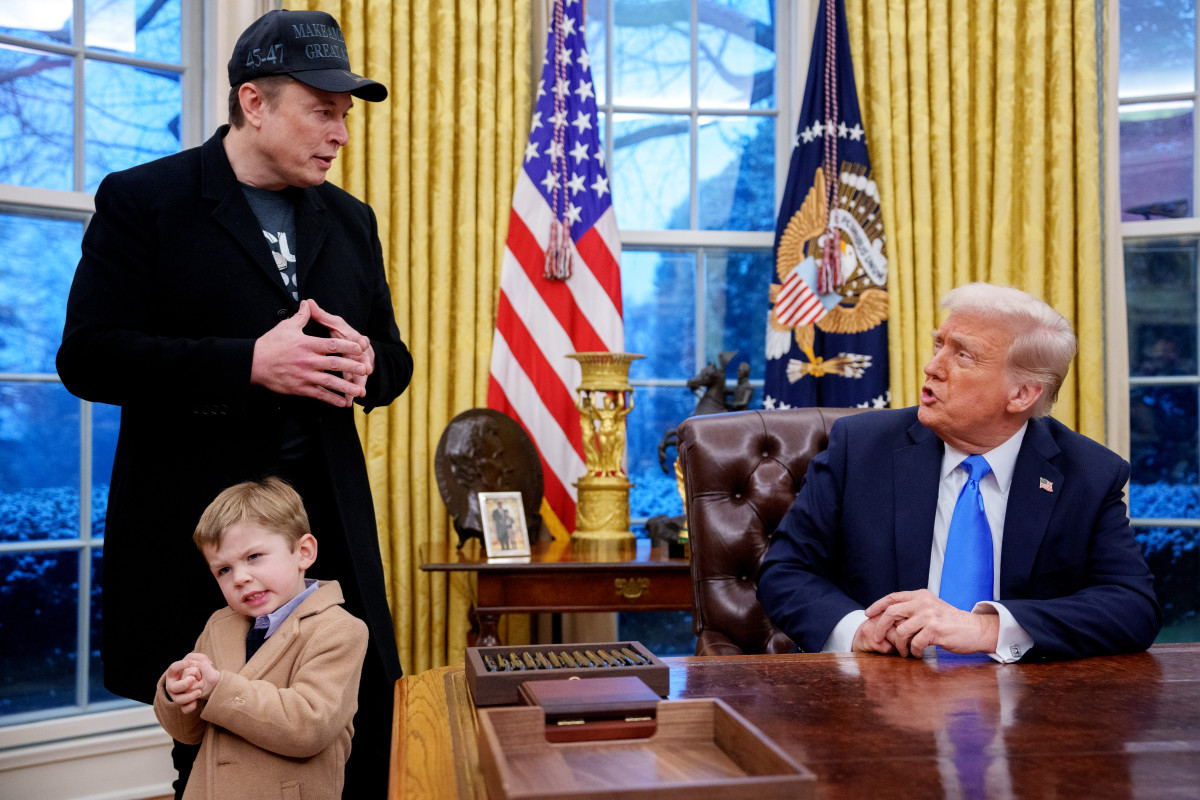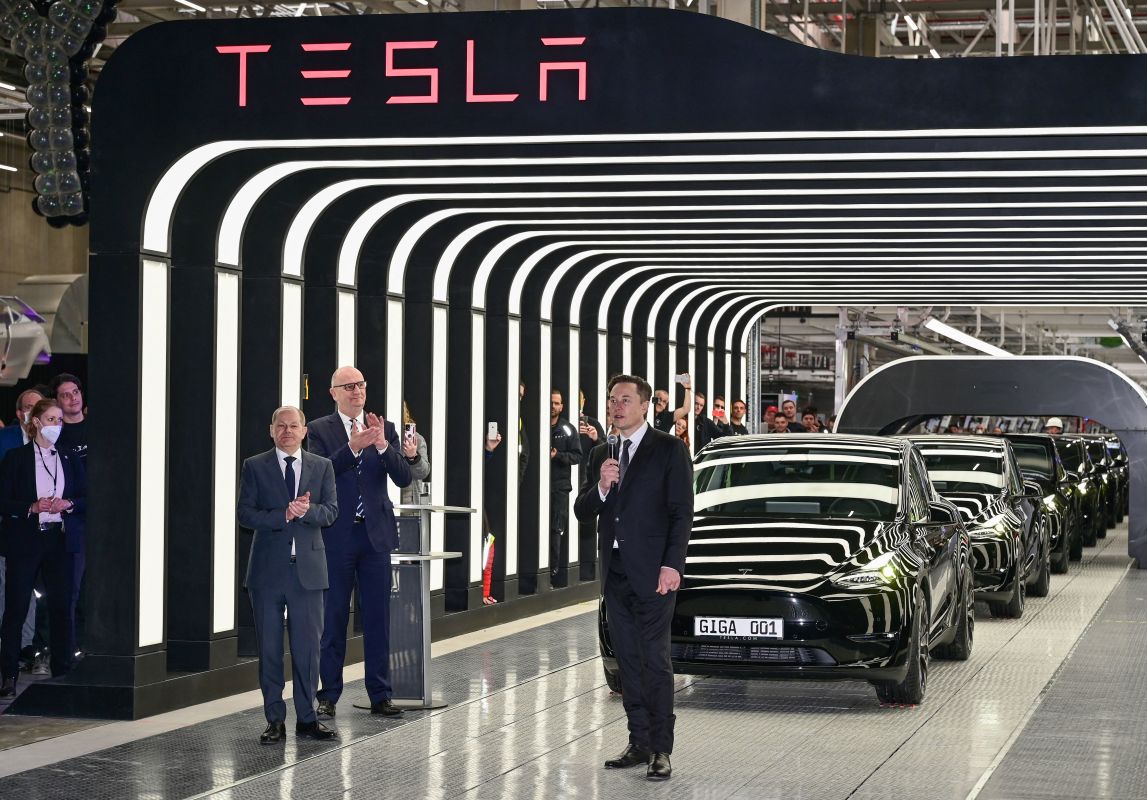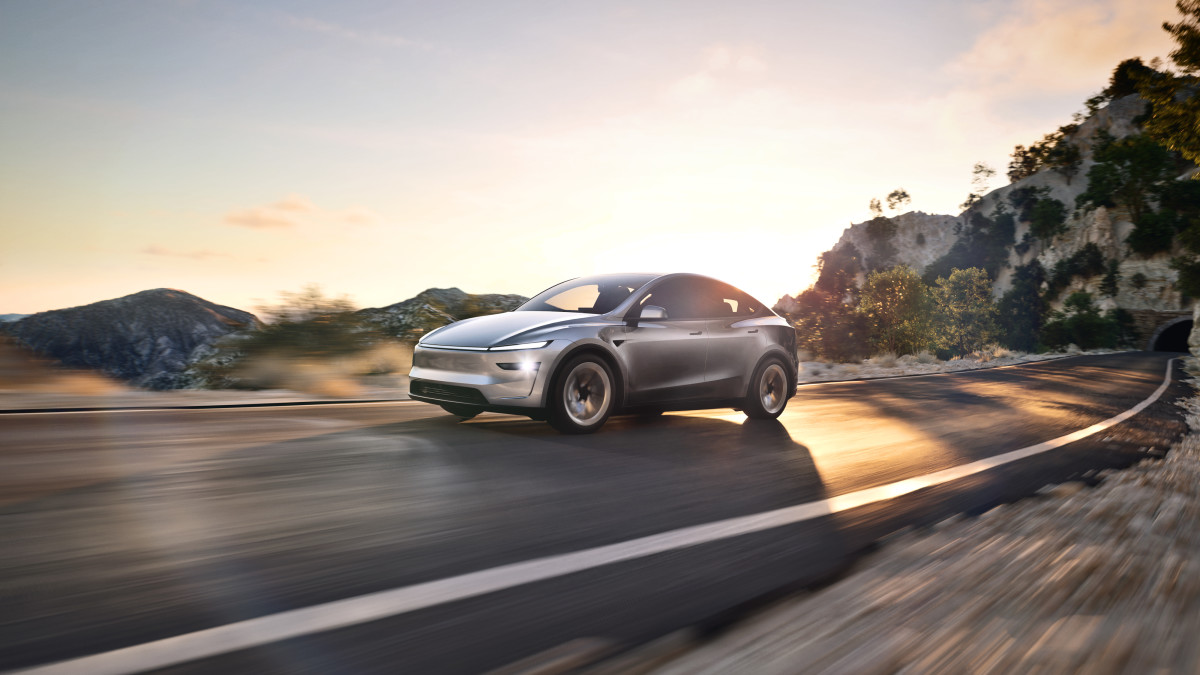Maybe not all press is good press
Tesla’s reputation in Germany has taken a serious hit, and it’s not just about the cars. A massive survey conducted by German publication T-Online found that 94% of respondents wouldn’t consider buying a Tesla. The reasons? Elon Musk’s increasing involvement in politics, both in the U.S. and Germany, has turned off potential buyers in one of Europe’s largest EV markets.
On Tuesday, Musk reposted a Tweet on X (formerly Twitter) that showed the survey now says “70% of people in Germany would buy a Tesla again.” This sudden shift in the poll’s results raised suspicions. And sure enough, T Online has now reported that bots manipulated the survey, with 253,000 votes originating from just two U.S.-based IP addresses. Now, with sales plummeting, Tesla faces an uphill battle to regain consumer trust.
Political controversy and consumer sentiment
Musk’s political actions have raised eyebrows before, but his recent moves seem to be costing Tesla dearly. His presence at Donald Trump’s January inauguration, where a gesture he made was widely interpreted as a Nazi-like salute, sparked outrage across Germany. Adding fuel to the fire, Musk publicly backed Germany’s far-right Alternative for Germany (AfD) party before the country’s February elections, further alienating a market that once embraced Tesla’s innovation.

Andrew Harnik/Getty Images
Beyond his political endorsements, Musk’s social media activity has continued to stir controversy. A recent repost on X suggested that historical atrocities committed by figures like Stalin, Mao, and Hitler were the work of “public sector workers,” a take that drew sharp criticism internationally. In a country where history remains a sensitive subject, these statements have significantly damaged Tesla’s brand perception.
Sales collapse in a rebounding market
The backlash isn’t just theoretical — it’s reflected in Tesla’s bottom line. Tesla’s sales in Germany have plunged over 70% in the first two months of 2025, a stark contrast to the broader EV market, which has rebounded from a sluggish 2024. While some had predicted Tesla’s dominance would wane as legacy automakers ramped up their EV production, it’s actually newer Chinese brands like BYD that are taking advantage of Tesla’s missteps.

PATRICK PLEUL/Getty Images
The sales drop is particularly alarming considering Germany’s historic role as a key player in Tesla’s European expansion. The country is home to Tesla’s Gigafactory Berlin, a crucial production hub for the company’s European operations. With local sentiment turning sour, the factory’s future success could be at risk. Additionally, consumer sentiment surveys suggest that German buyers are increasingly considering homegrown and Chinese alternatives, further reducing Tesla’s foothold in the market.
Final thoughts
In an attempt to recover, Tesla is betting on its newly refreshed Model Y, which incorporates design elements from the Cybertruck and the upcoming Cybercab. The updated model boasts better efficiency, improved refinement, and a more futuristic design. On paper, it remains one of the most compelling EVs in its segment.

Tesla
But even a great product might not be enough. Tesla’s success in Germany now hinges on whether consumers can separate Musk’s political controversies from the brand itself. With so much damage already done, the road to redemption looks steep. If Tesla can’t rebuild its reputation quickly, German buyers may continue flocking to alternative EV brands, leaving Tesla struggling to regain its footing in a market that was once a pillar of its European strategy.